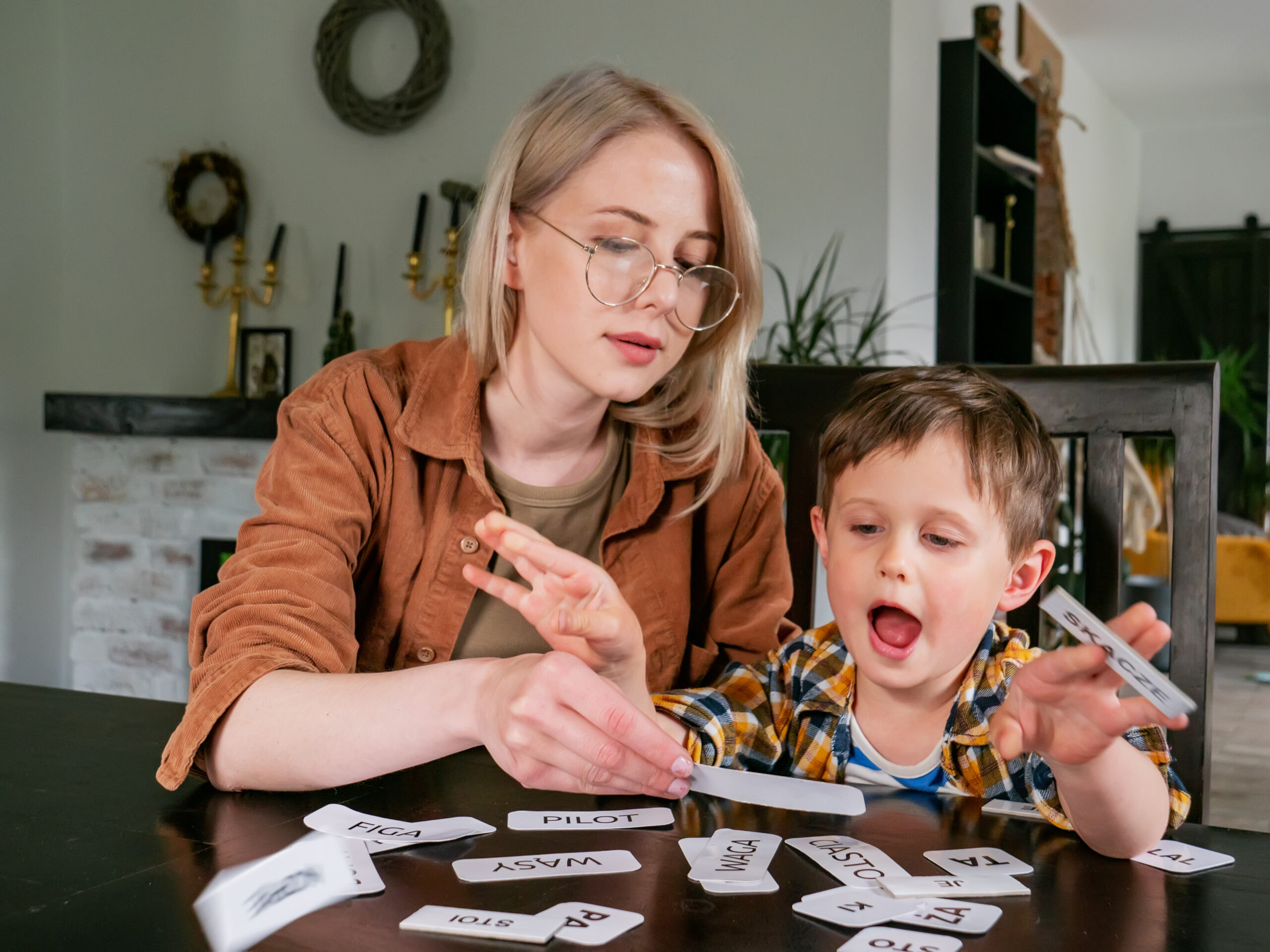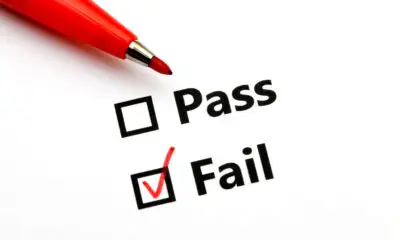Vocabulary
Simple Strategies to Help Your Child Build a Bigger Vocabulary

A rich vocabulary is one of the strongest predictors of academic success. The words children know shape how they understand reading, express their thoughts, and engage with the world around them. But vocabulary growth doesn’t happen by accident—it requires intentional exposure, practice, and reinforcement.
The good news? Building your child’s vocabulary can be enjoyable, natural, and part of your everyday routine. At TutorConnectPro, we work with families and students to strengthen vocabulary as a foundation for reading comprehension, writing skills, and confident communication.
This guide offers clear, practical strategies parents can use to help their children build a bigger, stronger vocabulary at home—without turning learning into a chore.
Why Vocabulary Growth Matters for Your Child’s Learning
Vocabulary isn’t just about sounding smart—it’s about unlocking meaning. A strong vocabulary helps children:
- Understand what they read and hear.
- Communicate their ideas clearly and accurately.
- Perform better in all academic subjects, especially reading and writing.
- Develop confidence in speaking and self-expression.
- Engage critically with new information and ideas.
When children lack the right words, they may struggle to fully grasp lessons, follow instructions, or share their thoughts. Growing vocabulary early on supports success throughout the school years and beyond.
How Vocabulary Development Happens
Children learn new words in several ways:
- Direct teaching: Learning specific words and definitions.
- Contextual learning: Picking up new words through conversations, reading, and exposure.
- Word-consciousness: Developing curiosity about language, including how words sound, where they come from, and how they relate to other words.
The best approach combines all three—helping children not only learn new words but also enjoy discovering them.
Build Vocabulary Through Meaningful Conversations
One of the simplest but most effective ways to grow your child’s vocabulary is through daily conversations. But casual chat isn’t enough—children benefit from hearing more complex, descriptive, and varied language.
Ways to enrich everyday discussions:
- Use specific, descriptive words instead of vague terms.
Instead of “Look at that bird” try “Look at that magnificent hawk circling the sky.” - Introduce synonyms when your child uses common words.
“Happy? Yes, you look joyful today!” - Explain new words in context as they come up naturally.
“That painting is abstract. Abstract means it doesn’t look exactly like real life—it’s more about shapes and colors.”
These moments turn everyday talk into learning opportunities.
Read Widely and Often
Reading aloud is one of the most powerful tools for vocabulary development. Books expose children to words they might not encounter in daily conversation.
How to make reading work for vocabulary building:
- Choose a variety of books—fiction, nonfiction, poetry, biographies.
- Read aloud regularly, even to older children. Listening to complex text helps build vocabulary beyond their reading level.
- Pause to discuss unfamiliar words. Ask, “What do you think this word means here?”
- Encourage your child to ask about words they don’t know.
- Explore rich, descriptive picture books for younger readers and chapter books with sophisticated language for older children.
The more children read (and are read to), the more words they learn.
Teach Word Learning Strategies
Rather than simply memorizing lists, teach your child how to figure out what words mean on their own.
Introduce strategies like:
- Using context clues: Understanding meaning based on how a word is used in a sentence.
- Breaking down words: Recognizing prefixes, suffixes, and root words (e.g., unhappy = not happy).
- Checking the dictionary together: Model how to look up words and discuss definitions in your own words.
These approaches build word-learning independence—a valuable lifelong skill.
Make Vocabulary Practice Fun and Interactive
Repetition helps cement new words, but it doesn’t have to be boring. Use creative methods to reinforce vocabulary at home.
One List: Fun, Effective Vocabulary-Building Activities
- Play word games like Scrabble, Boggle, or vocabulary bingo.
- Make flashcards for new words and play matching or memory games.
- Use “word of the day” challenges—try using the new word in a sentence throughout the day.
- Create a vocabulary journal where your child writes down new words, their meanings, and example sentences or drawings.
- Encourage storytelling or writing activities that incorporate new words.
- Watch nature documentaries, science shows, or educational videos and discuss new terms afterward.
- Explore language apps and online vocabulary games designed for your child’s age group.
- Use post-it notes to label objects around the house in both English and another language (for bilingual learners).
- Create silly sentences using several new words together to encourage playful engagement with language.
- Have your child teach you new words they’ve learned—teaching reinforces their own understanding.
Support a Word-Conscious Mindset
Beyond direct practice, help your child become curious about words themselves. You can foster this by:
- Sharing interesting facts about words—like where they come from (etymology) or how they’re used in different cultures.
- Encouraging questions about words: “That’s an interesting word—what do you think it means?”
- Celebrating when your child uses new or challenging vocabulary accurately.
The goal is not just to “learn words” but to appreciate and enjoy the richness of language.
When to Seek Extra Support
If your child consistently struggles with vocabulary or reading comprehension despite regular practice, additional support from a tutor may help. Signs your child could benefit from tutoring include:
- Difficulty understanding grade-level reading material.
- Trouble following multi-step instructions.
- A limited vocabulary for their age group.
- Frustration or avoidance of reading and writing tasks.
At TutorConnectPro, our online tutors specialize in vocabulary development, reading comprehension, and language support tailored to your child’s level and learning style.
Final Thoughts: Building Vocabulary for Confidence and Success
Helping your child build a bigger vocabulary doesn’t require fancy programs or memorized word lists. The most effective strategies are simple, consistent, and woven into daily life—through conversation, reading, and playful learning.
Vocabulary is more than words on a page. It’s the key to unlocking understanding, expression, and confidence.
If you’re looking for personalized vocabulary support, explore how TutorConnectPro can help your child grow as a reader, writer, and communicator.

-

 Private Tutor12 months ago
Private Tutor12 months agoUnderstanding Private Tutoring Rates: What You Need to Know
-

 Tutoring12 months ago
Tutoring12 months agoHow Many Tutoring Sessions Should I Schedule for Best Results?
-

 Study Tips1 year ago
Study Tips1 year agoHow to Get Over Failing a Test: Practical Steps for Bouncing Back
-

 Phonics1 year ago
Phonics1 year agoWhat Is Phonics and Why Is It Important for Early Readers?
-

 Study Tips12 months ago
Study Tips12 months agoHow to Prepare for a Biology Exam: Strategies for Success
-

 Phonics1 year ago
Phonics1 year agoThe Best Age to Start Phonics Instruction: A Guide for Parents
-

 Phonics12 months ago
Phonics12 months agoThe Difference Between Phonics and Whole Language Learning: What Parents Need to Know
-

 Study Tips1 year ago
Study Tips1 year agoWhat to Do When You Fail a Test: Turning Setbacks into Comebacks




